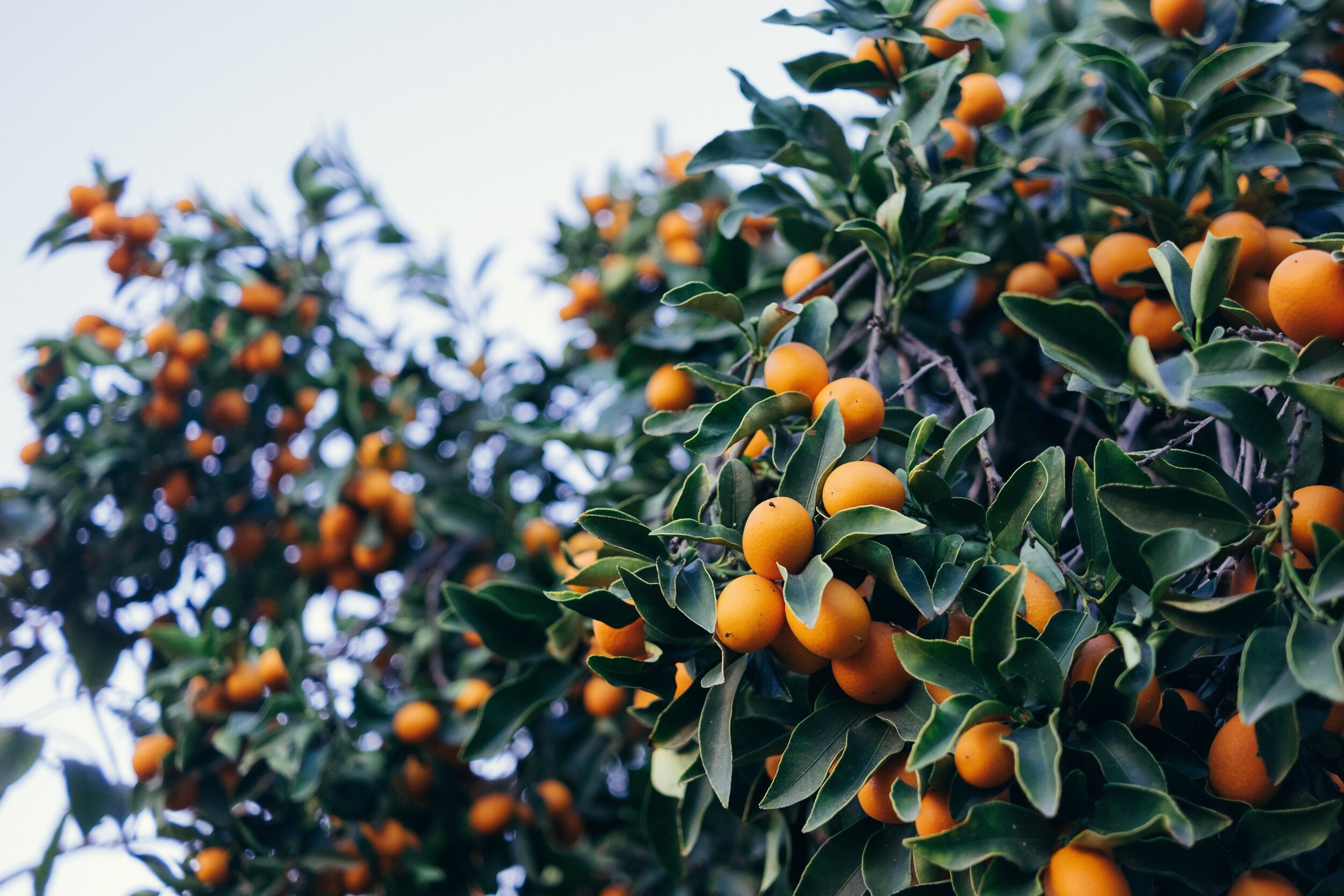What do doors represent in feng shui?
In feng shui, doors represent the mouth of people in the home. Squeaky, stuck, or problematic doors may represent challenges in communication. This is especially true for the entry door, as this sets the mood for your experience of the home. The main door of the home sets the tone for your whole life experience, in a way. Your front door is how you connect to the world.
If you have a squeaky or crying door, it sets the tone for negativity every time you walk into your home. We’re conditioned to zone out and not notice a lot of what’s happening in our home, including what our door sounds like, but take a moment to pay attention to your front door. If it squeaks or gets stuck, this can represent blocks or difficulties in communication, so it’s a good idea to make sure everything is working properly and make any necessary repairs.
Finally, make sure you can open all the doors a full 90 degrees or more - this means no clutter behind the doors. I used to see that a lot: people often have so much stuff that they start hanging lots of things on the backs of doors until they can’t open all the way. Doors govern how qi comes into your space . If they can’t open fully, you’re cutting off some of the energy that could otherwise enter your space. That means that you’re only allowing in a small percentage of possible opportunities into your life. Think about it: if you have to modify the way you walk into the room, you’re not creating free and easy movement for you or for the energy in your home.
If you do have clutter behind your doors, though, don’t beat yourself up over it. There might be a reason you weren’t yet ready to receive all the opportunities. Maybe you were in preparation. Now that you know, you can decide for yourself if you would like to open up room for more opportunities to come in simply by removing anything that may be preventing you from opening your door all the way.
by Anjie Cho
Thanks for reading our "Q&A Sunday". If you have personal questions, we encourage you to check out Practical Feng Shui or hire one of Anjie's Grads.
If you’d like to learn more about feng shui, check out Mindful Design Feng Shui School at: www.mindfuldesignschool.com





